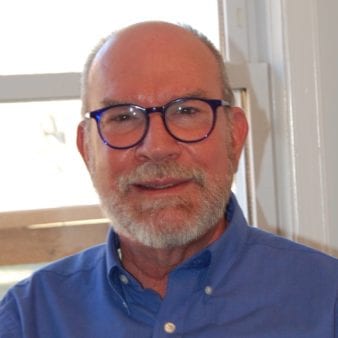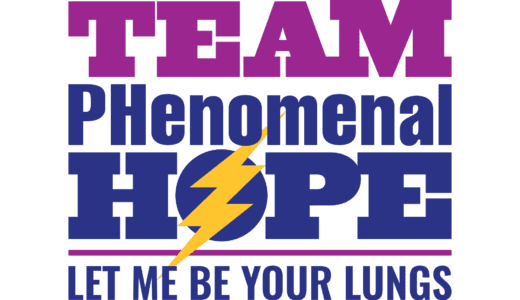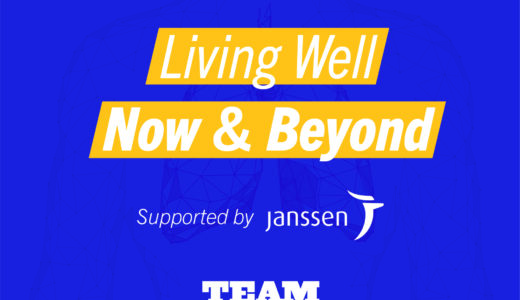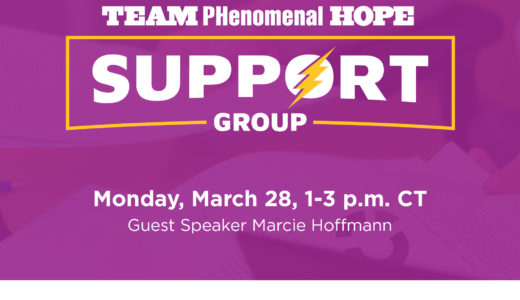Support in the PH Community: Doug Taylor

It often amazes me how much mutual support there is in the pulmonary hypertension community. We have an incredibly diverse community– men, women, infants, kids, teens, young adults, seniors. People of various ethnicities, assorted spiritual beliefs, newly diagnosed to long-term survivors, etc. Regardless of our diversity, we are more alike than we are different. We can almost always find someone who has faced what we are facing.
Our primary source of information for our personal healthcare treatment should always be our pulmonary hypertension healthcare providers, those doctors and nurses who provide our personal care. But, sometimes we just don’t get what the men and women in white coats tell us. When this happens, we have a broad community that is willing to step in and help by sharing their own personal stories.
Community support can come in a multitude of ways, from face-to-face to online. My personal favorite is local support groups sponsored by the Pulmonary Hypertension Association. Local support groups allow us face-to-face interactions that just can’t be beat. (Personal disclaimer here, I’ve led a PHA support group for 12 years.)
Perhaps the most frequent support many of us get is through the online community, particularly with our Facebook friends and Facebook groups. The world of PH is right at our fingertips! If we have a question or something is perplexing to us, how easy is it to go online and ask what others think about an issue? Or, to find someone who has gone through a similar situation to what we are facing.
Pulmonary hypertension is an incredibly complex disease. As patients and caregivers, we often try to break the complexities down into more manageable, understandable pieces of information.
We must be careful when we are getting advice online. We can turn to each other to share personal experiences, but we should always turn to our healthcare team for medical advice. There is a difference between the two.
I was diagnosed with pulmonary arterial hypertension (PAH) fifteen years ago. People often turn to me for information or advice. If people ask for clarification about the complexities of pulmonary hypertension, I try to provide information from respected resources such as www.phassociation.org, the Mayo Clinic website, the Cleveland Clinic website, etc.
If I am asked about advice, I share my own personal experiences, but I try to make it clear that my experiences are limited and that as much as we are similar, there are also differences that make our treatment very personal.
For instance, I have had very good clinical response to two PH medications. There was a third medication to which I didn’t have a good response, but that was my personal experience. I know of others who have not responded well to the two medications I am on, and others that have done very well on the medication on which I didn’t do well.
One of the medications I am doing well with is an IV pump therapy. Going on subcutaneous pump therapy is a personal lifestyle decision, and going on IV pump therapy is an even more complex decision. It has worked well for me, but I know others who feel it is too risky and invasive to try.
As similar as we are, we are still different enough that we just don’t know how well we will do on a particular treatment unless we give it a try. When asking for advice online, we need to remember that our experiences may not be the same as someone else’s. Just because something worked for someone else, doesn’t mean it will work for us. Likewise, just because someone else had a bad experience doesn’t mean you will. We have to try things out for ourselves to see how it is going to work for us.
Online support is a wonderful thing. As long as we remember its limitations.
Celebrate each day!
Doug Taylor, PAH patient




Great advice, Doug!!! You are a great source of encouragement as well as information!